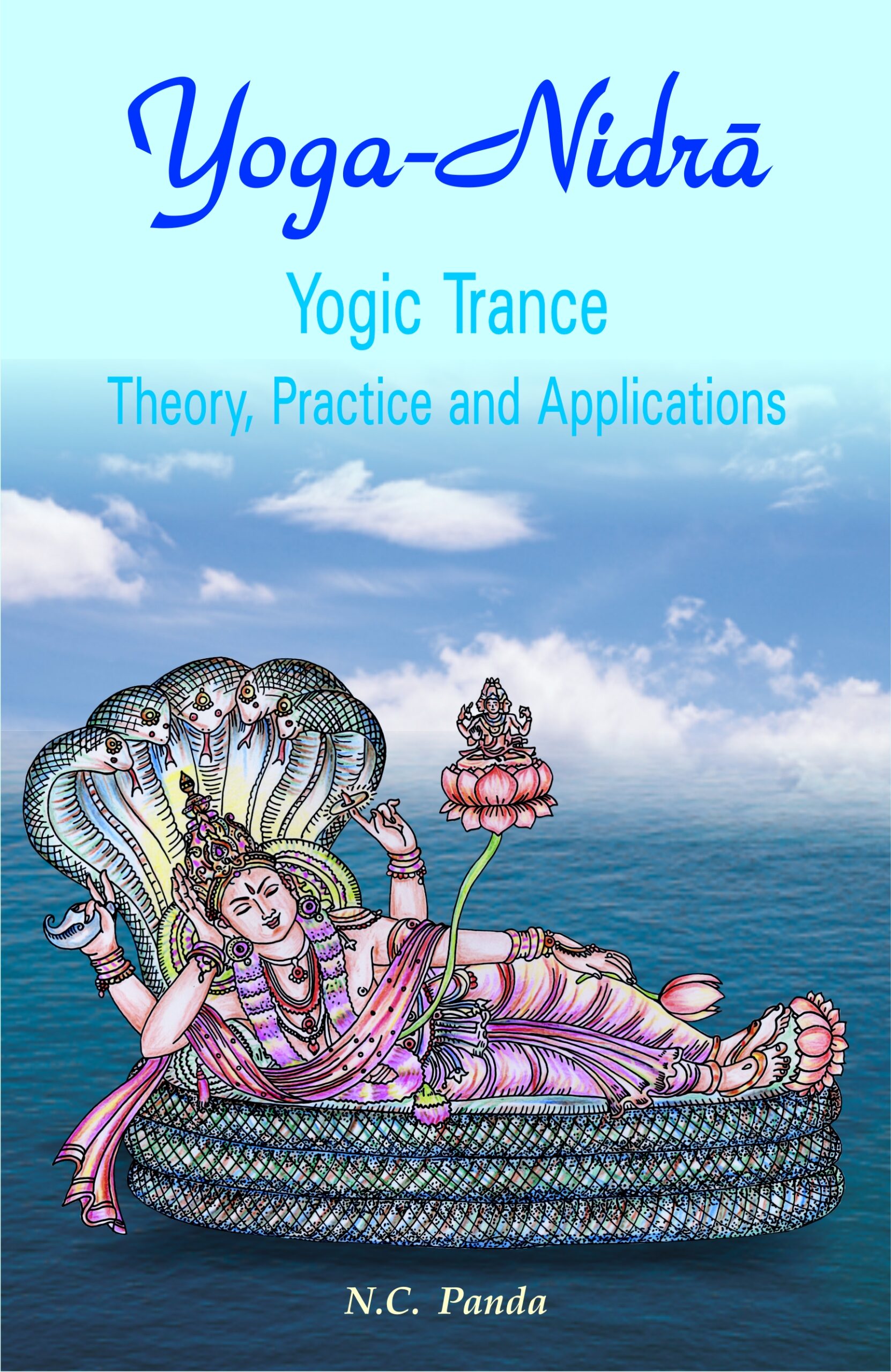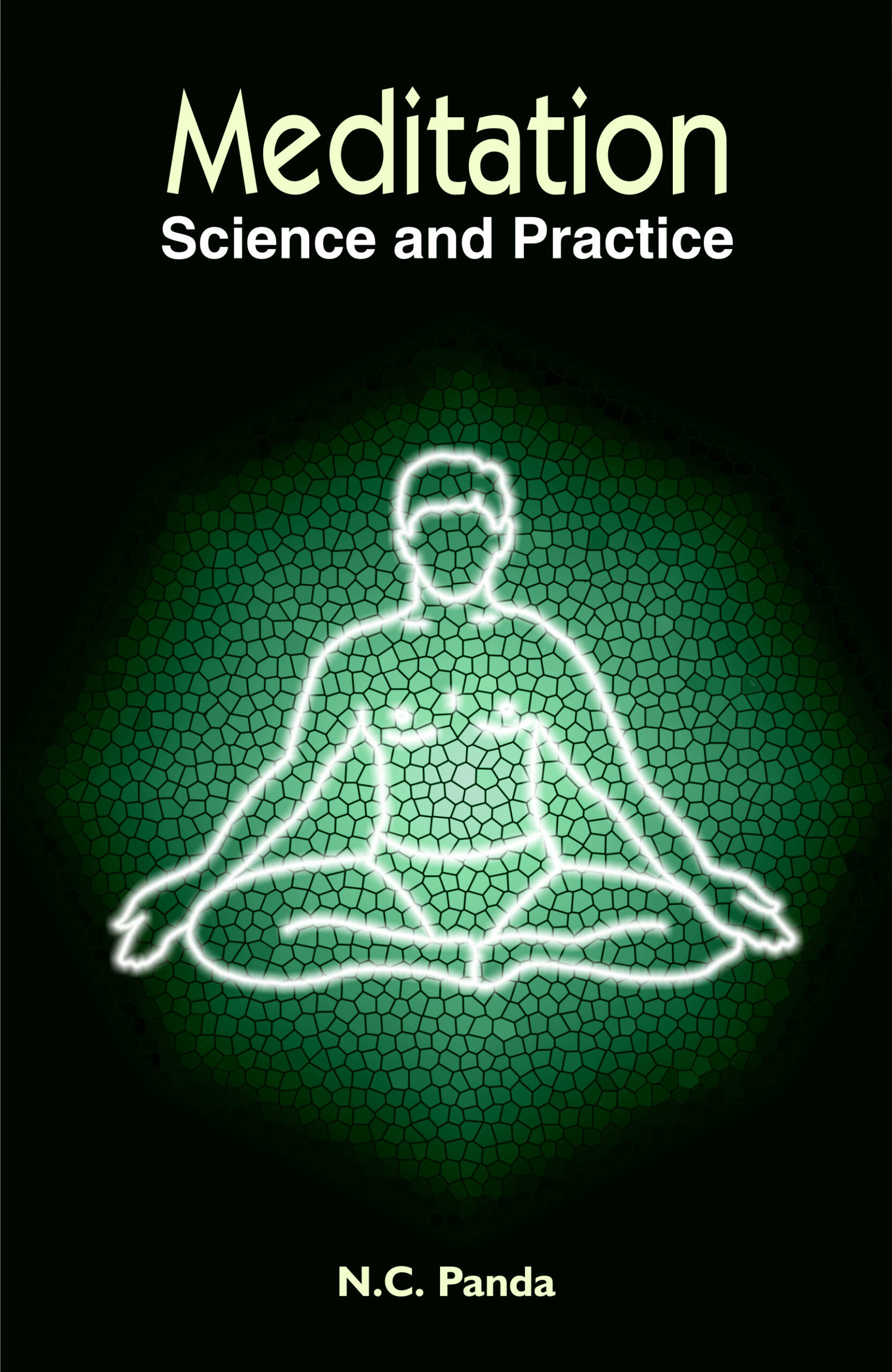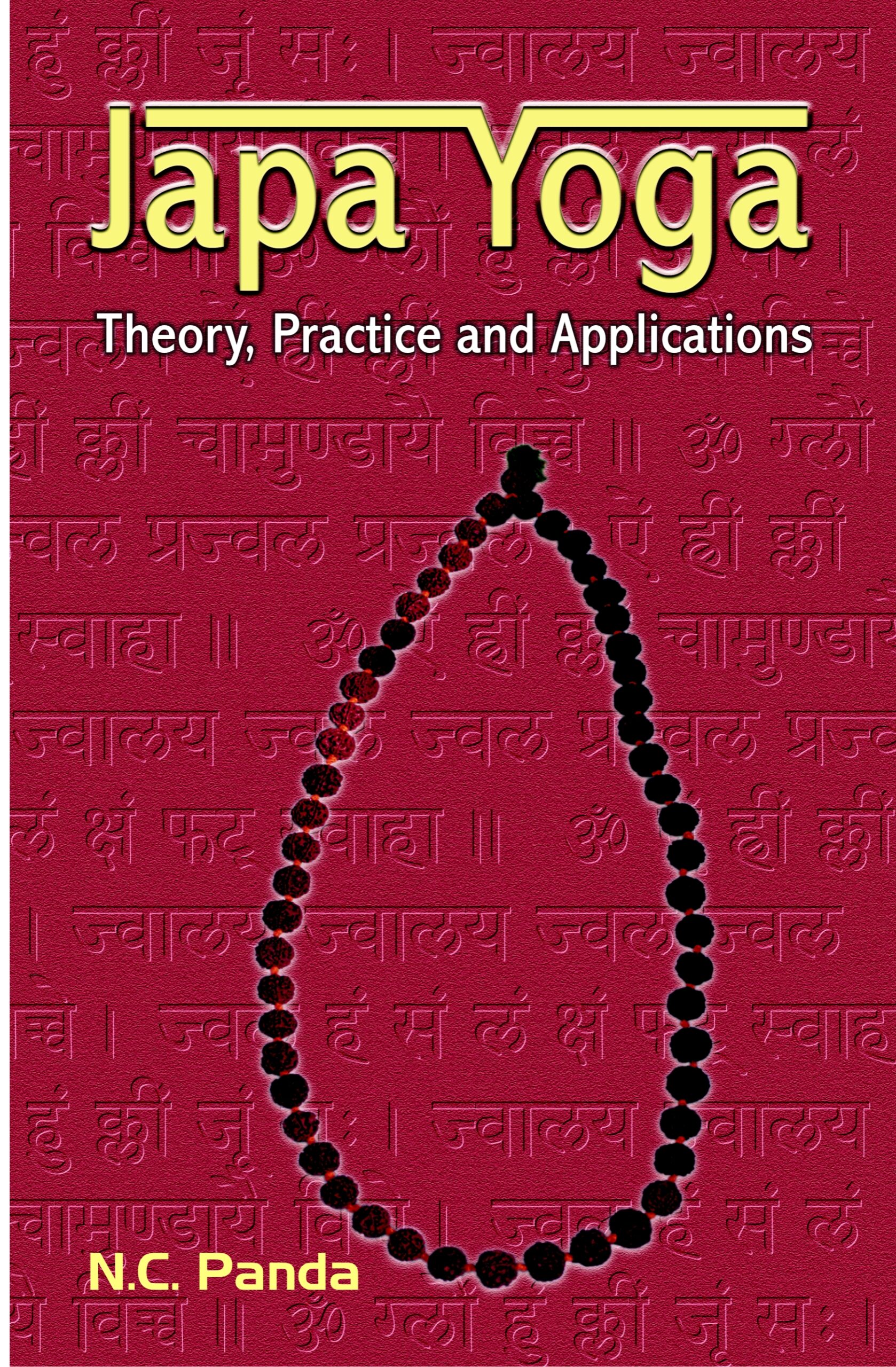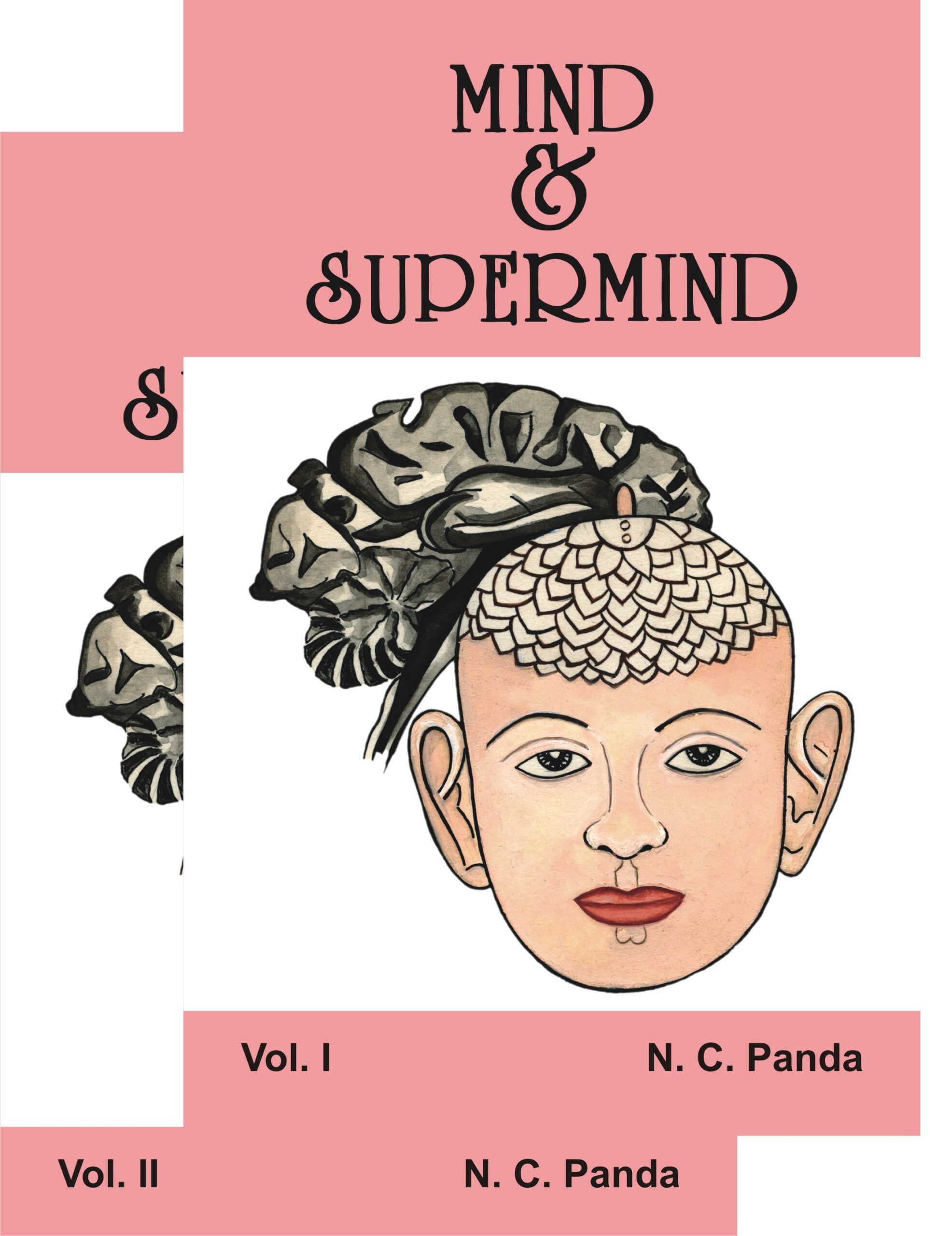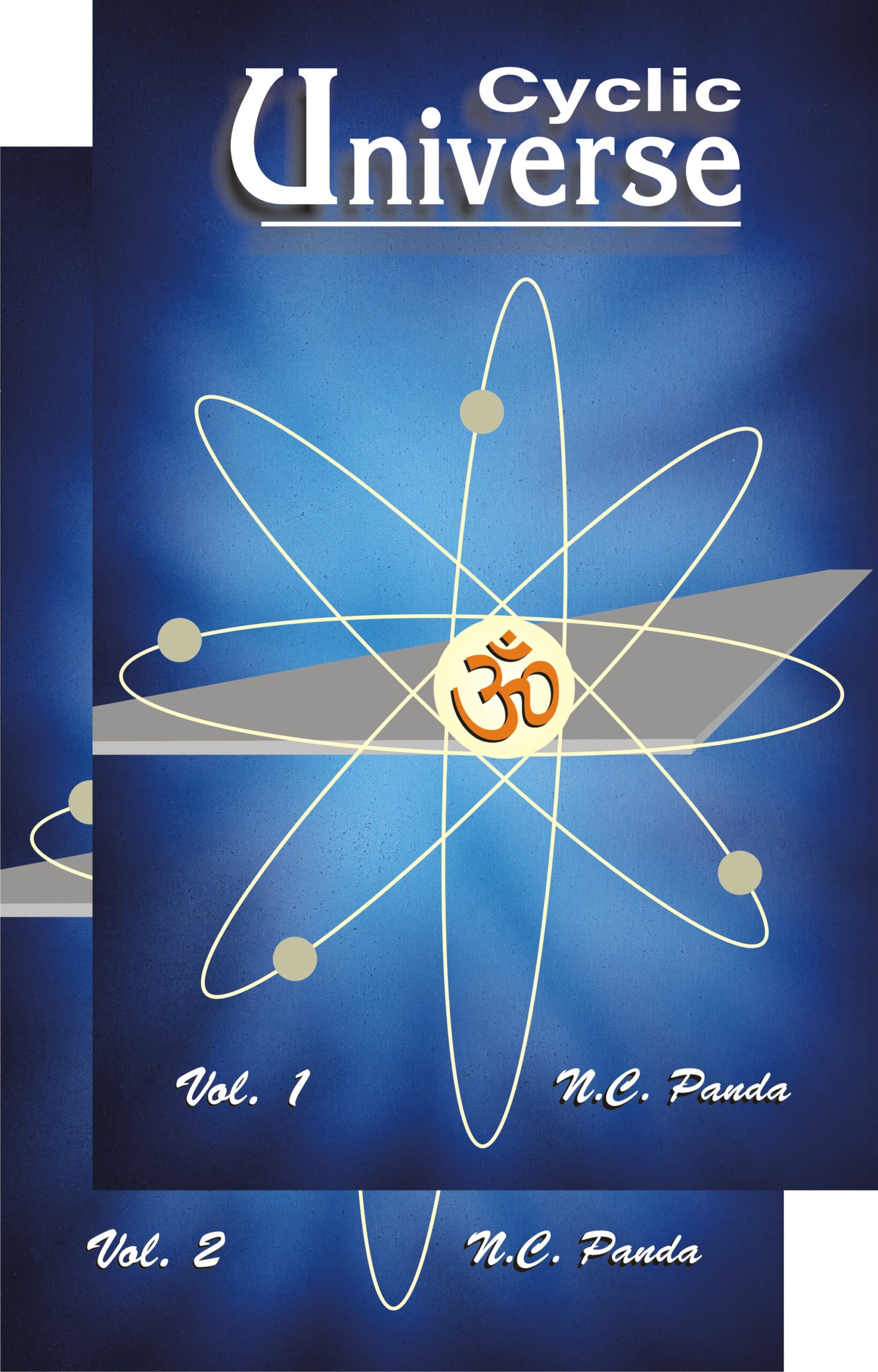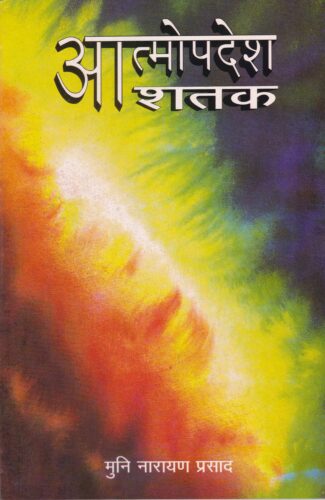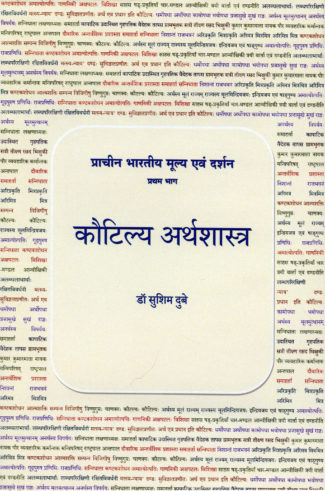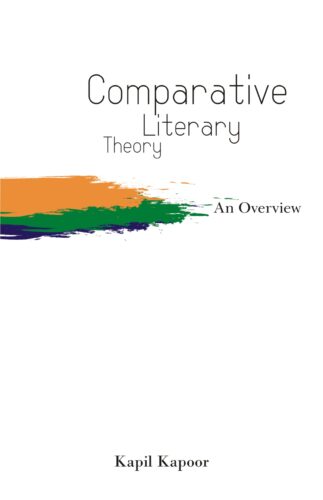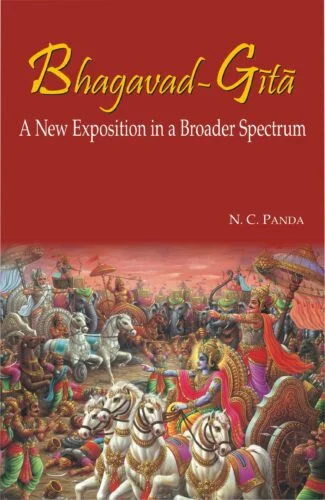

Bhagavad-Gita (PB)...
Bhagavad-Gita (PB)
A New Exposition in a Broader Spectrum by: N.C. PandaThis is an extraordinary volume on Bhagavad-Gita in that, besides the usual Sanskrit verses, their meanings and commentaries, this book covers all the eighteen chapters in the form of essays containing the reflections of the author who has analyzed the topic in the light of modern thought in a broader spectrum.
Original price was: ₹595.00.₹535.00Current price is: ₹535.00.
ISBN: 9788124605264
Year Of Publication: 2009
Edition: 1st
Pages : xx, 587
Bibliographic Details : Glossary; Bibliography; Indices
Language : English
Binding : Paperback
Publisher: D.K. Printworld Pvt. Ltd.
Size: 23
Weight: 1000
This Exposition on the Bhagavad-Gita is an exception to the traditional translation of and commentary on the scripture. It covers all the eighteen chapters of the Gita in the form of essays, with English translation of almost all verses and commentaries thereupon. In addition, the essays do contain the reflections of the author who has analyzed the topics in the light of modern thought in a broader spectrum. The Sanskrit text in Devanagari script, with Roman transliteration, has been appended to the main text.
The Gita is not a religious book. It does not belong to any single faith. In the language of Aldous Huxley, it is the perennial philosophy of mankind. Keeping this context in view, the book has been addressed not only to the present citizens but also to the whole mankind which will inhabit the earth in the future.
This scripture had its birth in a battlefield. Symbolically speaking, everybodys life is a battleground. Arjuna represents all members of the human species. In a situation of agony and dejection, being utterly perplexed, he could not decide what to do and what not to do. The Gita provides practical solutions to the problems of life and leads the path to liberation. It humanizes and divinizes man. The present book gets success if it helps man ascend humanely and spiritually.
Prologue
Aknowledgement
1. Arjuna-Visada-Yogah the Agony and Dejection
The Despondency of Arjuna
2. Sankhya-Yogah
The Way of Knowledge
3. Karma-Yogah
The Way of Detached Action
4. Jnana-Karma-Samnyasa-Yogah
Way of Renunciation of Action in Knowledge
5. Karma-Samnyasa-Yogah
The Way of Renunciation of Action
6. Dhyana-Yogah
The Way of Meditation
7. Jnana-Vijnana-Yogah
The Way of Material Knowledge and Realized Divine Knowledge
8. Taraka-Brahma-Yogah
Saving Knowledge of Brahman
9. Rajavidya-Rajaguhya-Yogah
The Yoga of Royal Knowledge and Royal Mystery
10. Vibhuti-Yogah
The Yoga of Divine Glory
11. Vishva-Rupa-Darshana-Yogah
The Yoga of the Vision of the Cosmic Form
12. Bhakti-Yogah
The Yoga of Devotion
13. Ksetra-Ksetrajna-Vibhaga-Yogah
The Way of Discrimination of the Field and the Field-Knower
14. Guna-Traya-Vibhaga-Yogah
The Yoga of the Division of the Three Gunas
15. Purushottama Yogah
The Yoga of the Supreme Spirit
16. Daivasura-Sampad-Vibhaga-Yogah
The Mode of Dividing Traits into Divine and Demoniac
17. Shraddhatrayavibhagayogah
The Yoga of Threefold Faith
18. Moksha-Samnyasa-Yogah
The Yoga of Liberation by Renunciation
Original Text and Transliteration
Glossary
Bibliography
Index to the Stanzas
Index



